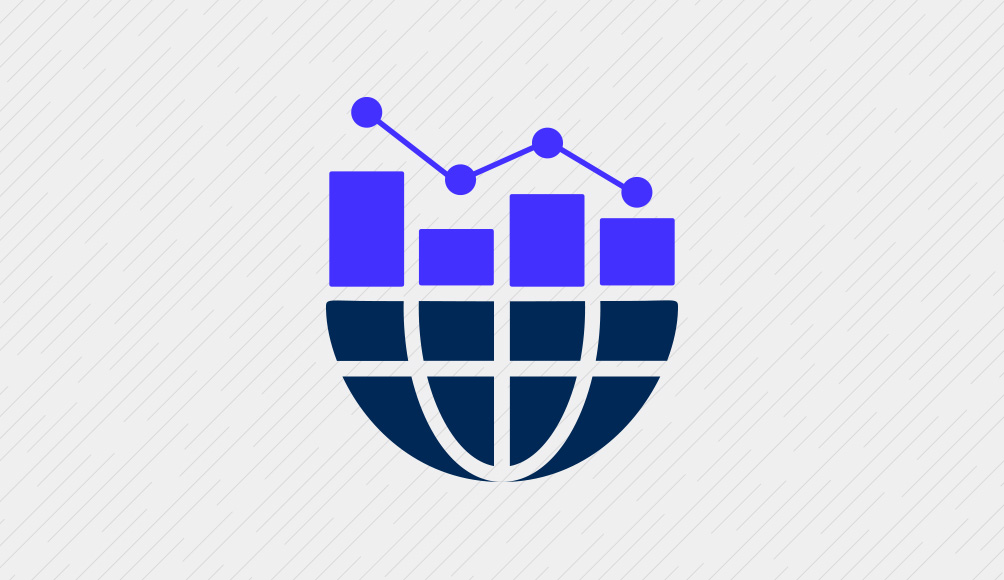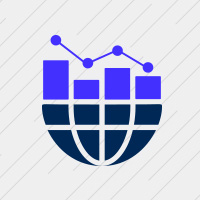
Kelley Steven-Waiss
Chief Transformation Officer
ServiceNow
MODERATOR


Margret Fridriksdottir
EVP People, Strategy & Sustainability
Össur
PANELIST


Tobias Julen
Chief People Officer
Tanium
PANELIST


Maria Romberg Ewerth
SVP & Chief People Officer
Telia
PANELIST

DECEMBER 2023
As the CHRO role continues to evolve, their influence within the C-suite grows. Today, 70% of CHROs report more opportunities for impact than just three years ago, and 58% say they hold more authority to dictate strategic priorities for their organisation.
Recent talent shortages have made the correlation between an engaged, skilled workforce and an enterprise's success evermore clear, and CHROs are leading initiatives to balance these imperatives. To do this, forward-looking HR leaders are focused on renewing their employee experience, and CHROs recently gathered for a town hall to discuss effective tactics for driving transformation and growth.
Kelley Steven-Waiss, Chief Transformation Officer at ServiceNow moderated the discussion, and Evanta CHRO Community Members Margret Fridriksdottir, EVP People, Strategy & Sustainability at Össur; Tobias Julen, Chief People Officer at Tanium; and Maria Romberg Ewerth, SVP & Chief People Officer at Telia contributed as panellists.
The conversation centred on how HR leaders can operationalise the employee experience to see measurable outcomes. The criticality of the IT partnership, effective use of technology, and implications of generative AI across the employee lifecycle were also key discussion points.
Here are four key takeaways from the program.
- Employee Experience is Driven by Technology in the Hybrid World
The people leaders kicked off the discussion by defining what a modern employee experience looks like. They agreed that we just came out of the “great experiment” of working from home, and return-to-office is a new hurdle.
They said the employee experience still includes how and the frequency in which employees interact with leadership and their team members; however, it is being both elevated and complicated by technology. “We need to keep up with the pace of technology while focusing on the employees in their own ‘flow’ of work – everyone has a different flow: some people at home, others in the field, others in the office.”
In both remote and hybrid settings, the laptop has transitioned from a tool to aid work to being considered a “portal to the organisation,” and one HR leader shared, “We need to start thinking about workplace experience in a fundamentally different way. The laptop should be considered a new ‘office,’ as such.”
- Understand the Business before Implementing Technology
Although digital transformation is critical for improving employee experience, one CHRO said, “Technology is not the panacea to all problems. To be able to operationalise, it is first crucial to establish a shared understanding of what success means across all functions of the organisation.”
Once you have a clear understanding, you can define success metrics, measure them and identify areas of investment – focusing on those that will give you the best ROI. The panellists added that IT tools should be intended to help support this process, enabling the workforce with visibility and control – and ideally real time data.
They shared a few ways they are measuring employee experience at their organisations:
- Regular workplace surveys: Don’t forget to have a follow up action plan.
- Feedback loop: This should be established for employees at every level, as it is an opportunity for both employees and leadership to provide feedback in a confidential way.
- Look beyond traditional office-based metrics: One HR leader said, “Digital experience is a new metric. It has become one of the most critical things to determine whether or not people can interact with one another.”
- There Must be a Partnership between HR and IT
Technology is a critical element for connecting people, and the panellists acknowledged there can sometimes be a “clash of ownership” between HR and IT, especially when navigating complexities across various applications and tools. One HR leader said, “The relationship between HR and IT needs to be a close-knit partnership – traditionally, these are two functions where there isn’t usually much direct ‘competition’ between them.”
To streamline processes, another HR leader said, “In the future, IT and HR must serve under a common function together.” They added that their peers can do this by implementing a “mini-IT team” (i.e., a people technology team) as part of the HR team, who can work alongside the broader IT function of the organisation.
- The Impact of Generative AI
No conversation about business technology is complete without a mention of generative AI, and the panellists discussed the opportunities and inherent risks of usage, as well as the impact on the workforce. They expressed, “Ultimately, it’s not going away, so we need to embrace it,” “If we cannot ignore it, we need to learn how to use it,” and, “There is no stable ground for the foreseeable future, so we need to develop our ability to be agile, especially around the topic of employee experience.”
They recognise the potential of generative AI to improve productivity and drive innovation, and one people leader is excited about the possibility of “automating tier-zero work.” Another detailed the benefits it can have on recruiting and career pathing and development.
At the same time, there are worries about the security of proprietary data, if the data can be trusted, and if it will reinforce biases. They said that there must be clear guidelines for how to use generative AI in a responsible manner.
In addition, some of the panellists mentioned they have been hearing employee concerns about jobs being replaced by AI, and to cool tensions, they agreed HR leaders need to articulate to the broader organisation how AI can, instead, amplify the abilities of the workforce. One HR leader explained, “We should frame the issue differently. How can we bring generative AI into the broader solution as an enabler to be leveraged without it wholly changing or undermining employees’ individual roles?”
Evanta’s CHRO communities meet regularly to address the most critical priorities impacting their role today. Apply to join your local CHRO community to connect with like-minded HR leaders from the world's leading organisations, and take a look at the calendar to see when your CHRO community is gathering next.
by CHROs, for CHROs
Join the conversation with peers in your local CHRO community.





